
Yet, Britain's David Cameron and France's Francois Hollande have failed to convince other European leaders to reverse a ban on arming the rebels in Syria, but Cameron hinted that he and Hollande might be prepared to go it alone.
The British prime minister claimed that a military solution might lead to a political one, while Hollande said that he has received guarantees from the Syrian rebels that any future arms would not end up in the wrong hands.
Following the reports, the Syrian parliament called for "not allowing some European governments to stir up the crisis in Syria and inflict more harm and damage to humanity," warning that these harm will also affect European citizens.
Observers believe that sending arms to the rebels on ground will not be conducive to bringing both sides on the negotiation table but rather embolden the rebels into staging more attacks against the government troops.
With armament reports grasping the headlines, Syria's main opposition coalition is set to meet in Turkey's Istanbul on Monday and Tuesday to name a prime minister that would form an interim government to run the "liberated" areas in Syria.
A total of 12 names are running for the election, reports said, adding that 10 of whom are in exile while other two are inside Syria but their names have not been disclosed for security reasons.


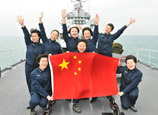
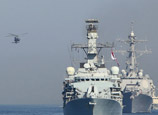



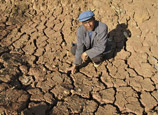

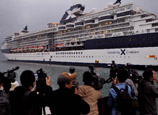
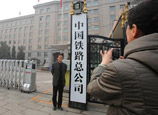
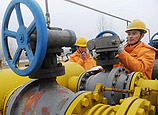






 Beijing's 2013 pollution goals set far too low: experts
Beijing's 2013 pollution goals set far too low: experts


![]()
